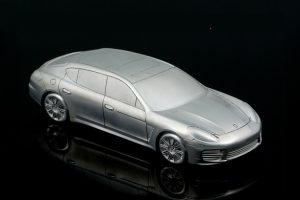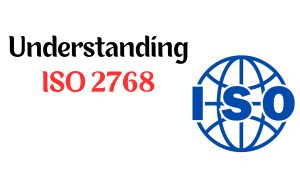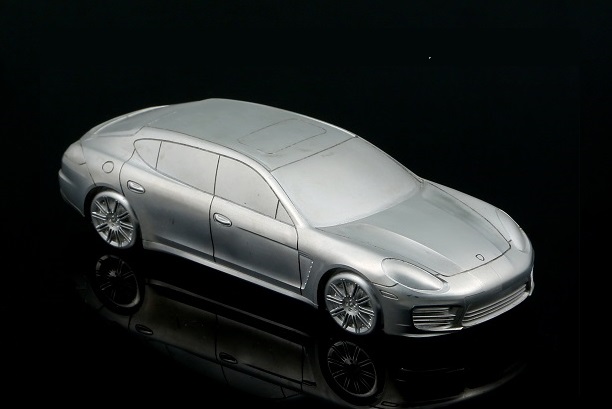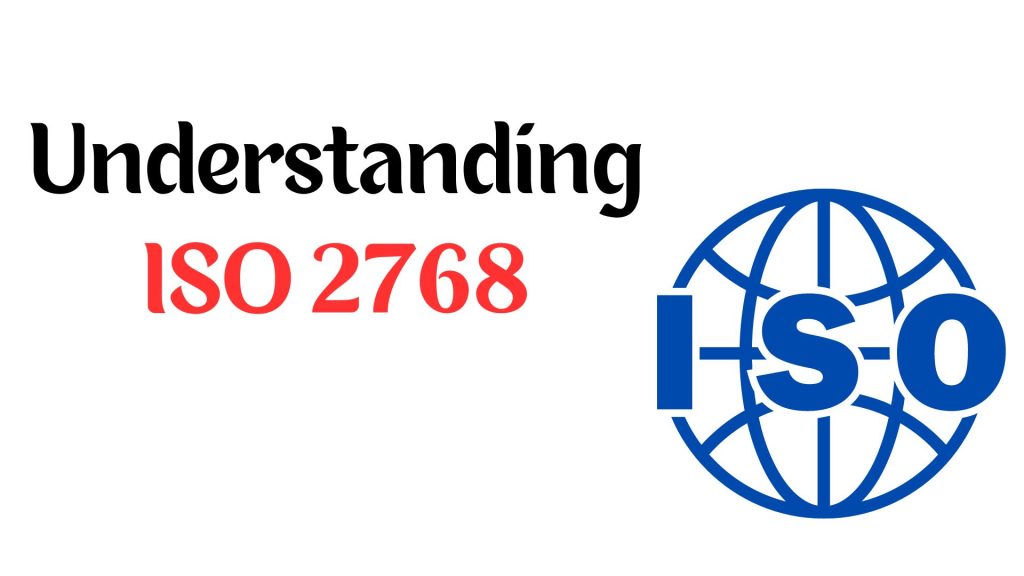One of the most frequently asked questions in plastic injection moulding is, “What material should I use for my project?” The answer is not one-size-fits-all. Injection moulding offers a wide array of resins and material combinations, each with unique properties and characteristics. To assist you, we’ve compiled a list of the top 10 plastic injection moulding materials, along with their key features and typical applications.
Top 10 Injection Moulding Materials
- High-density Polyethylene (HDPE)
– Key Features: Lightweight, excellent chemical resistance, environmentally friendly.
– Applications: Agricultural and medical products, recycling bins, cleaning containers.
- Acrylonitrile Butadiene Styrene (ABS)
– Key Features: High tensile strength, resistant to scratches, high mechanical strength.
– Applications: Automotive interior and exterior components, medical device housings, consumer products.
- Polycarbonate (PC)
– Key Features: Shatter resistance, durable, good electrical properties.
– Applications: Electronic housing and enclosures, eyewear, bullet-proof glass.
- Polyethylene (PE)
– Key Features: Impermeable, lightweight, good electrical insulation properties.
– Applications: Electric insulator, drain pipes, trash cans.
- Polyoxymethylene (POM)
– Key Features: Excellent wear resistance, strong and durable, high tensile strength.
– Applications: Mechanical parts like bearings and gears, safety systems, snap-fits.
- Acrylic (PMMA)
– Key Features: Impact strength, good abrasion resistance, exceptional weatherability.
– Applications: Automotive and aircraft windshields, mobile screens, headlights, and lenses.
- Nylon (PA)
– Key Features: Strong and durable, excellent tensile strength, good wear resistance.
– Applications: Automotive and aircraft windshields, mobile screens, headlights, and lenses.
- Polypropylene (PP)
– Key Features: High impact strength, good chemical and moisture resistance, semi-rigid.
– Applications: Medical products and tools, automotive exterior components like car bumpers.
- Polycarbonate + Acrylonitrile Butadiene Styrene (PC/ABS)
– Key Features: Good heat resistance, high impact strength, low overall shrinkage.
– Applications: Computer hardware, automotive interior and exterior components, electrical housings.
- Thermoplastic Polyurethane (TPU)
– Key Features: High elasticity, high abrasion resistance, good durability.
– Applications: Automotive wheels and gears, sports equipment, medical devices.
Sourcing Custom Injection Moulded Parts
Choosing the best material for your next injection moulding project can be challenging. Fortunately, we’re here to help. Upload your CAD files [here](#), provide us with information about the intended application, and our experts will assist you in selecting the resin that aligns best with your requirements.
—
Feel free to replace `[here](#)` with the actual link to your CAD file upload page. If you have any further adjustments or if you’re satisfied with the content, let me know!






